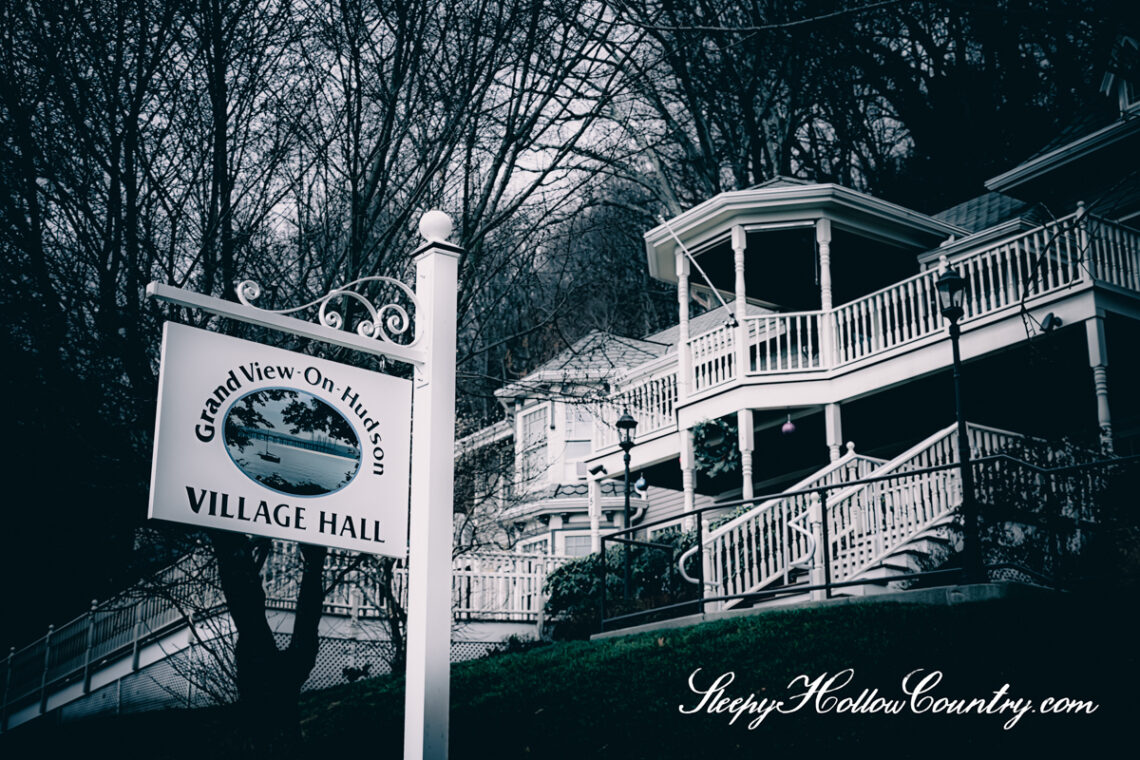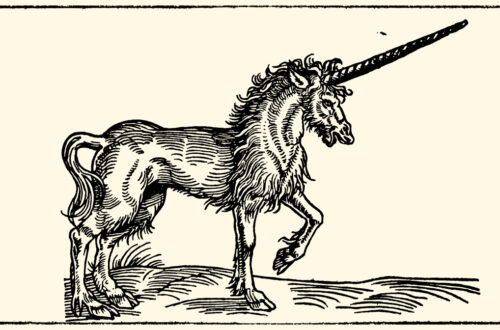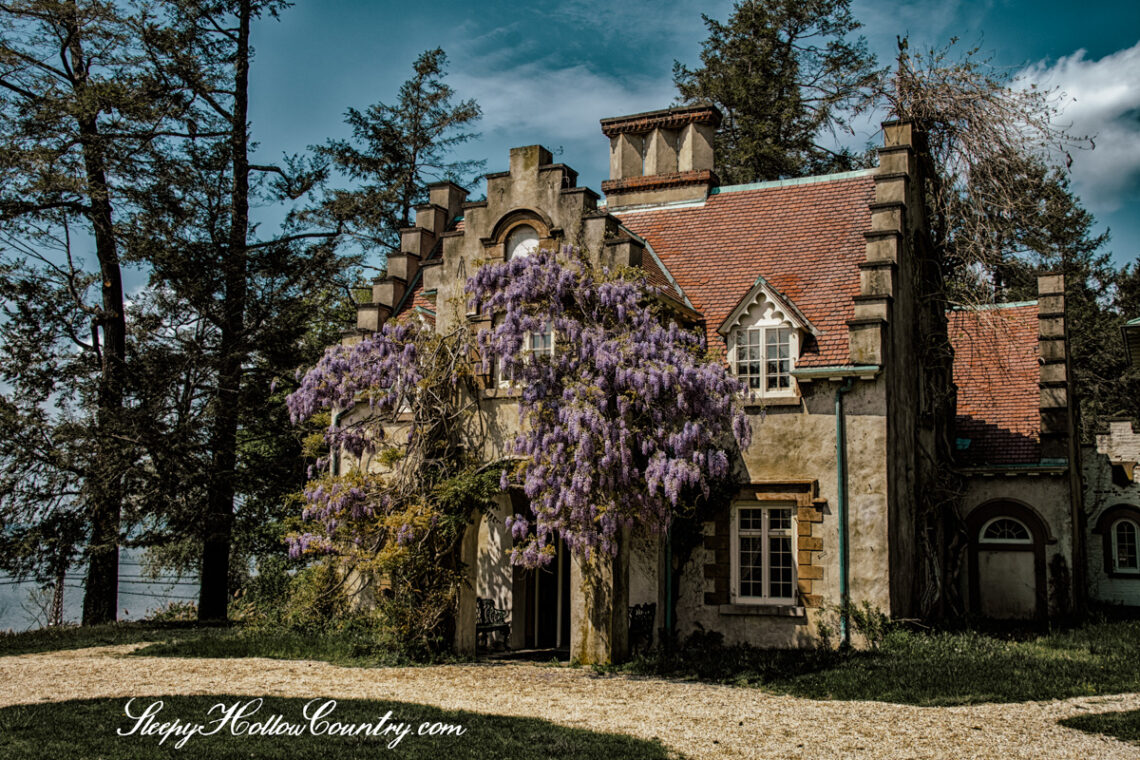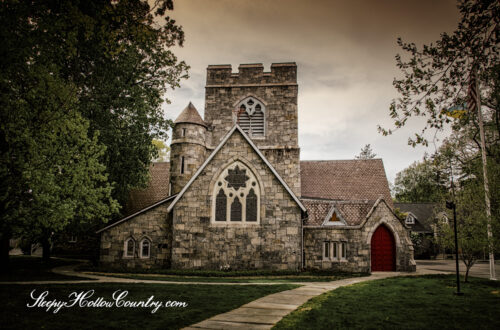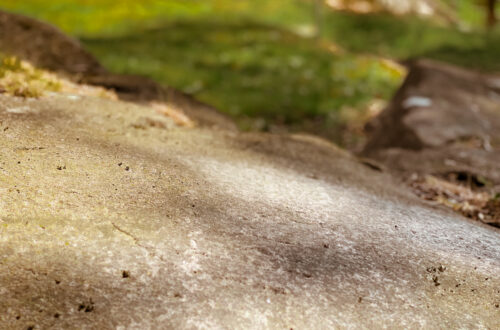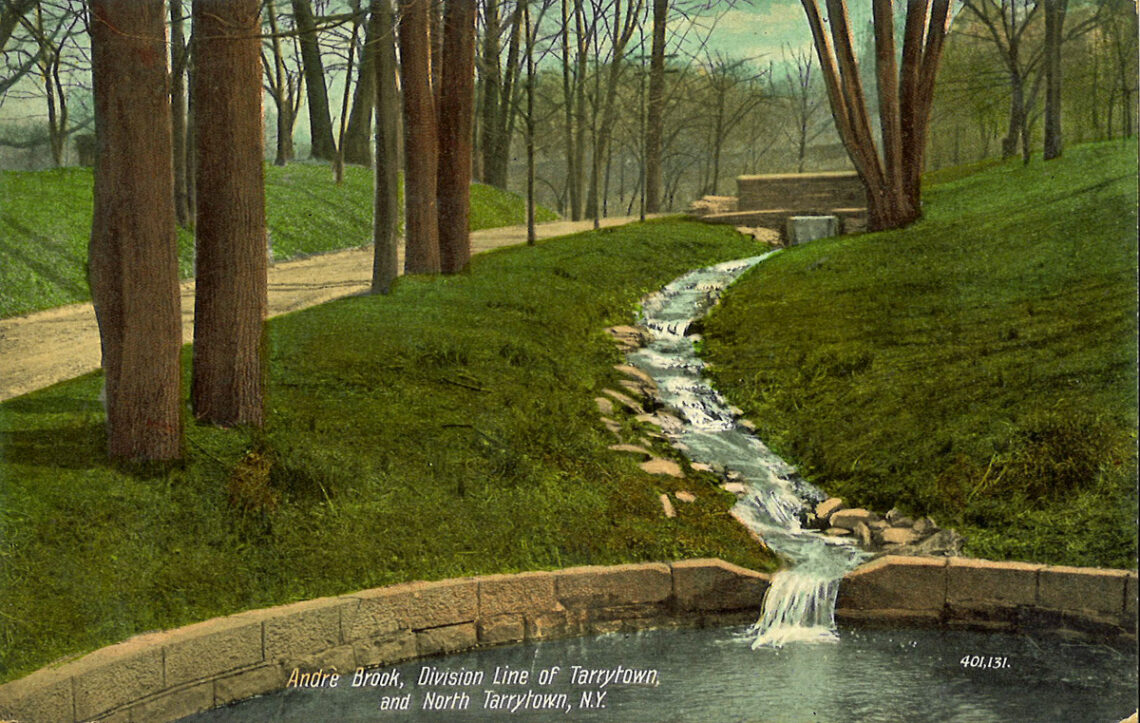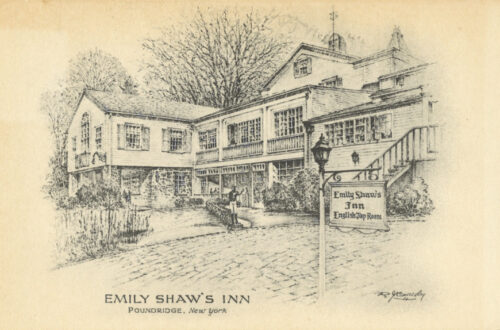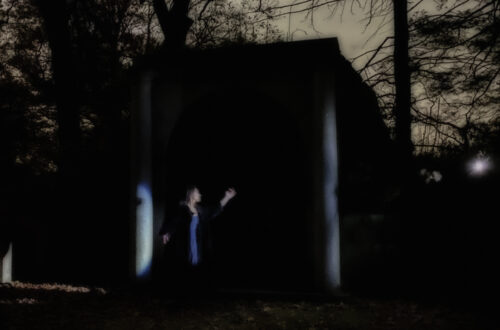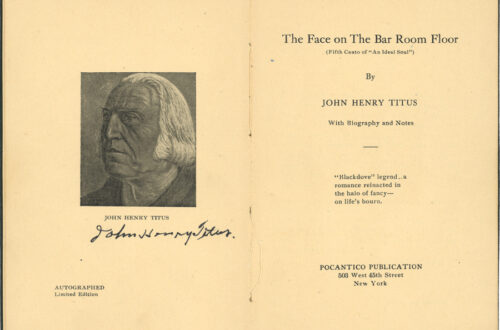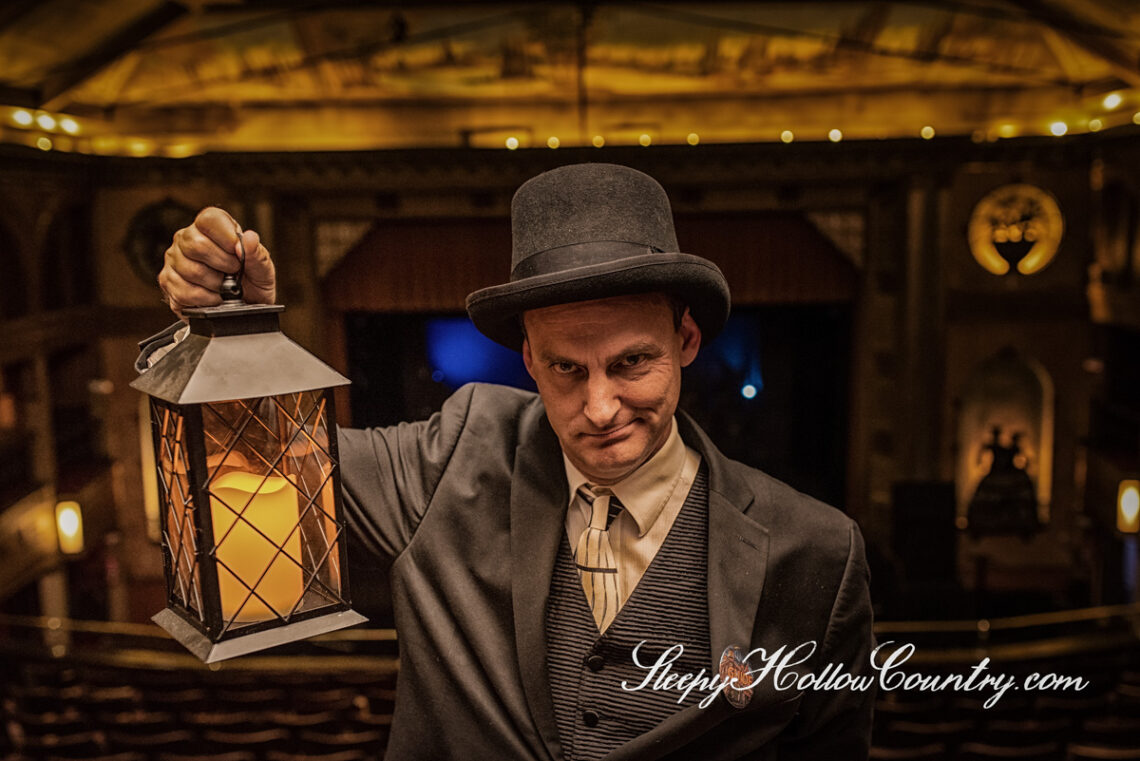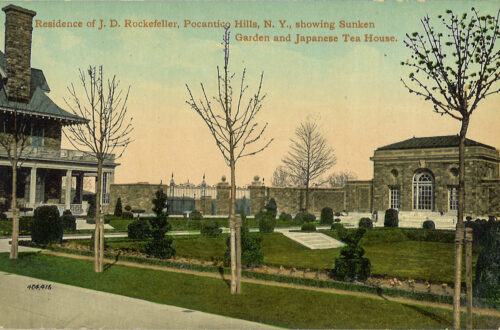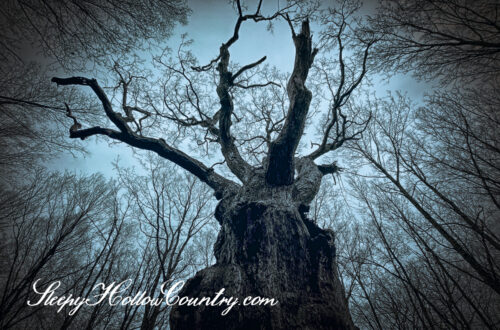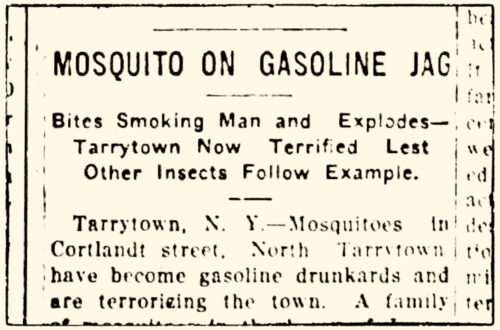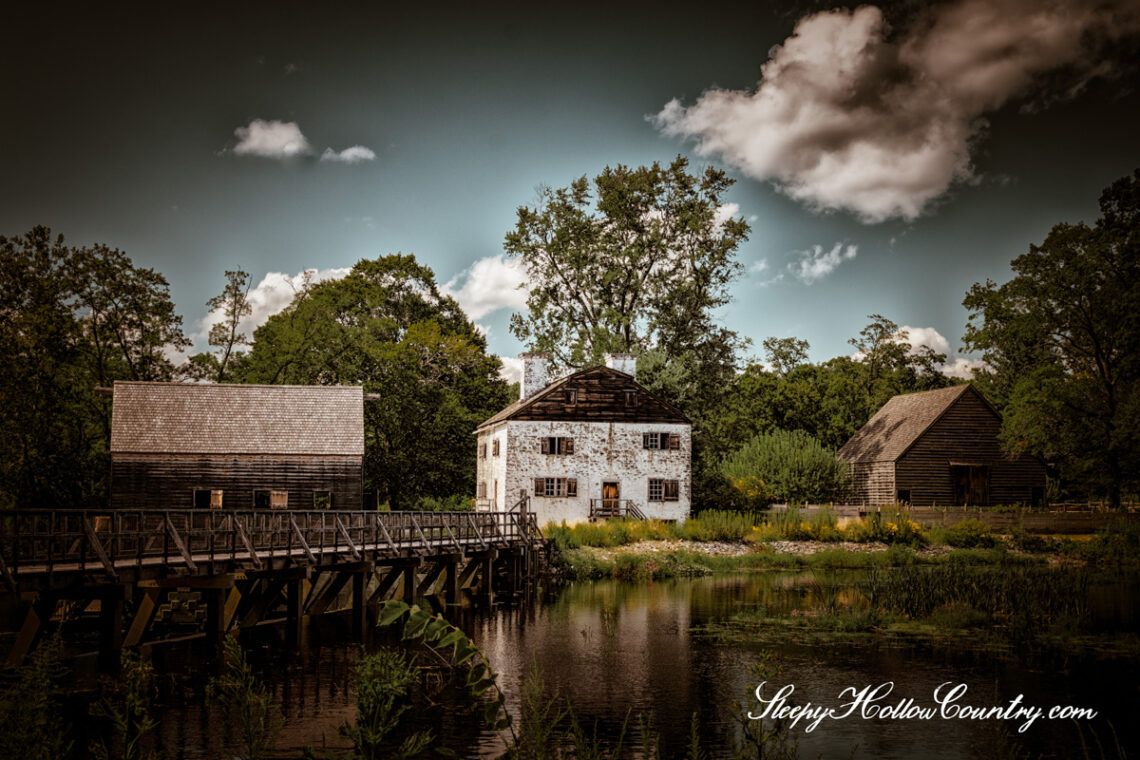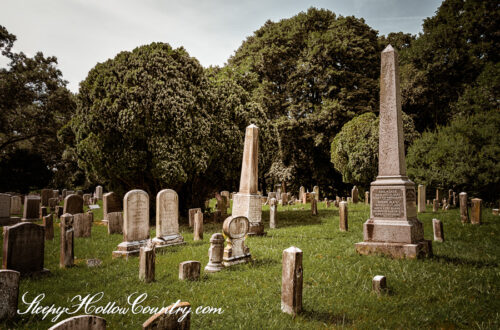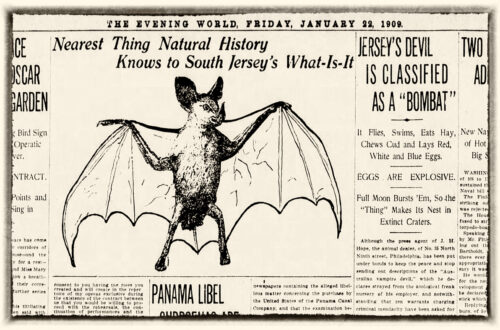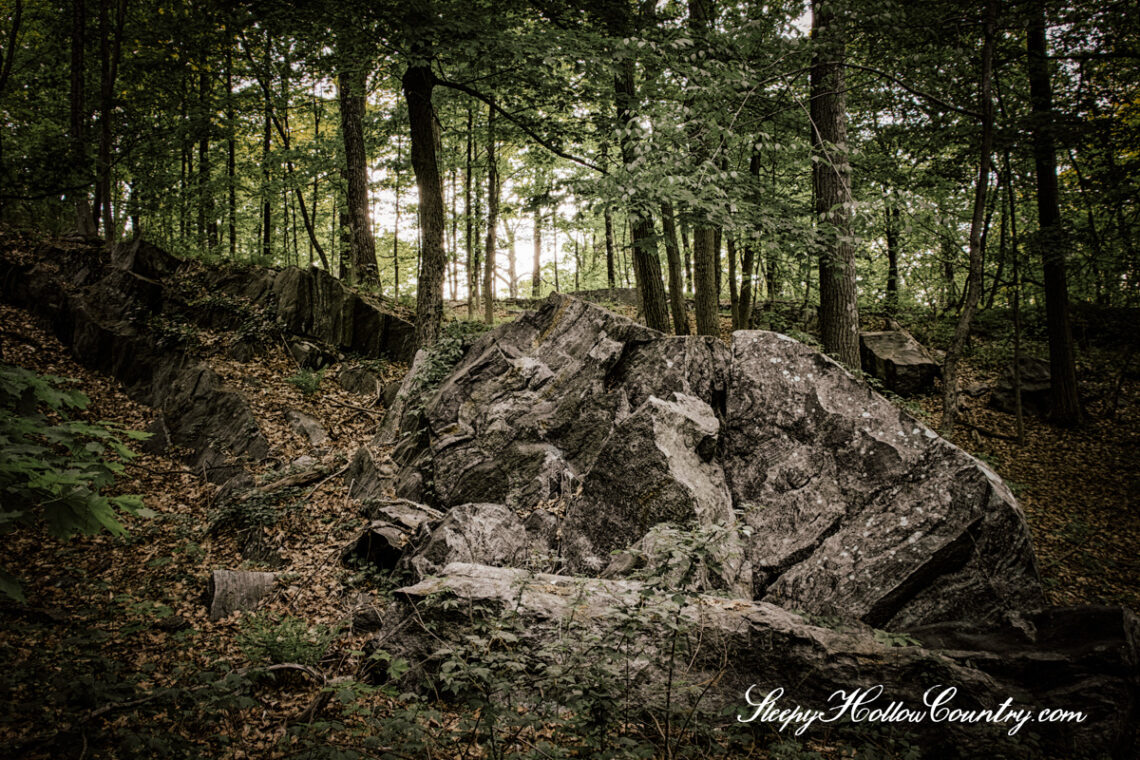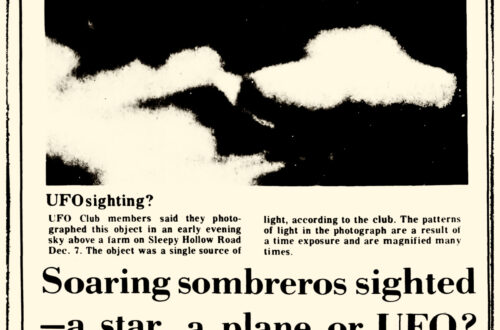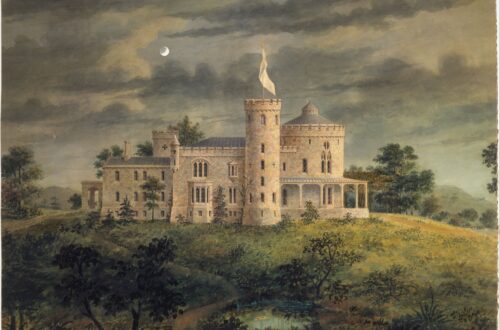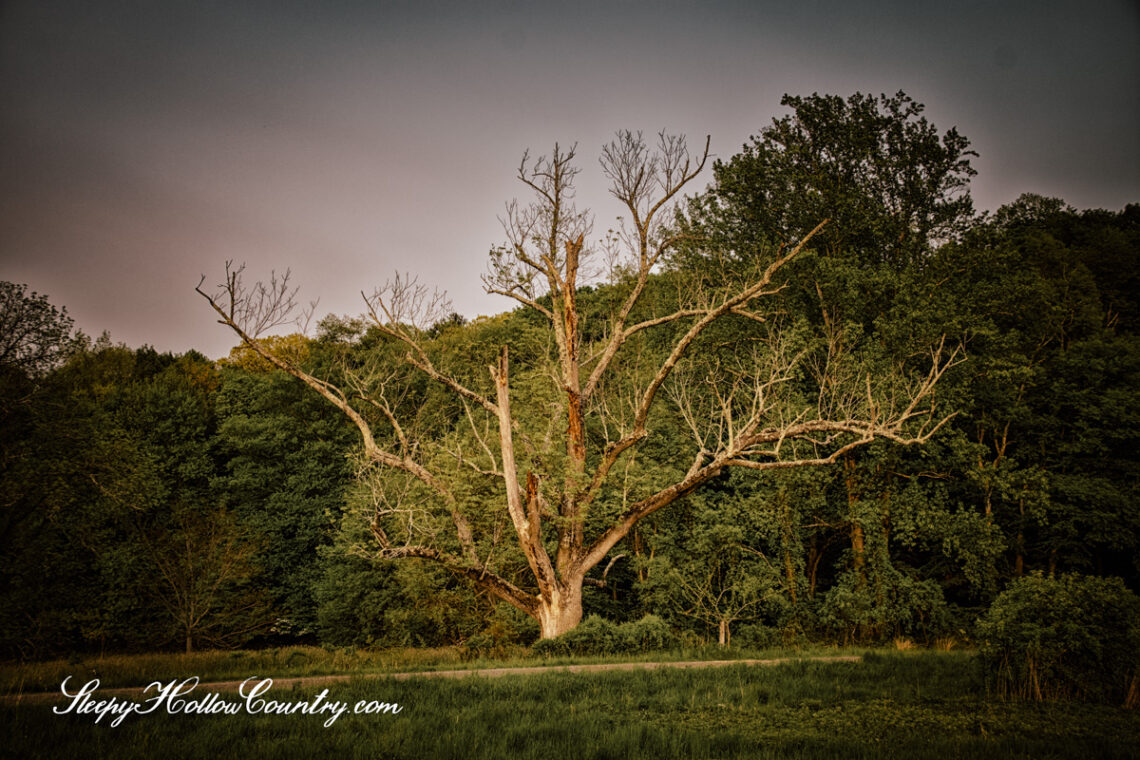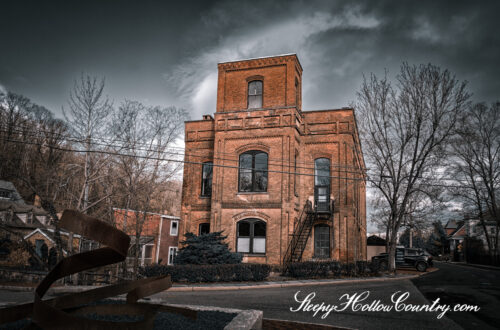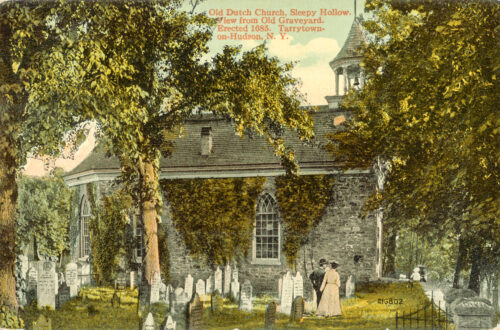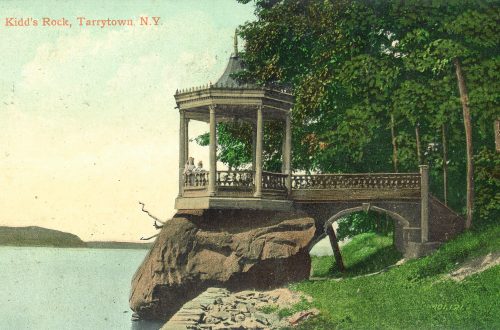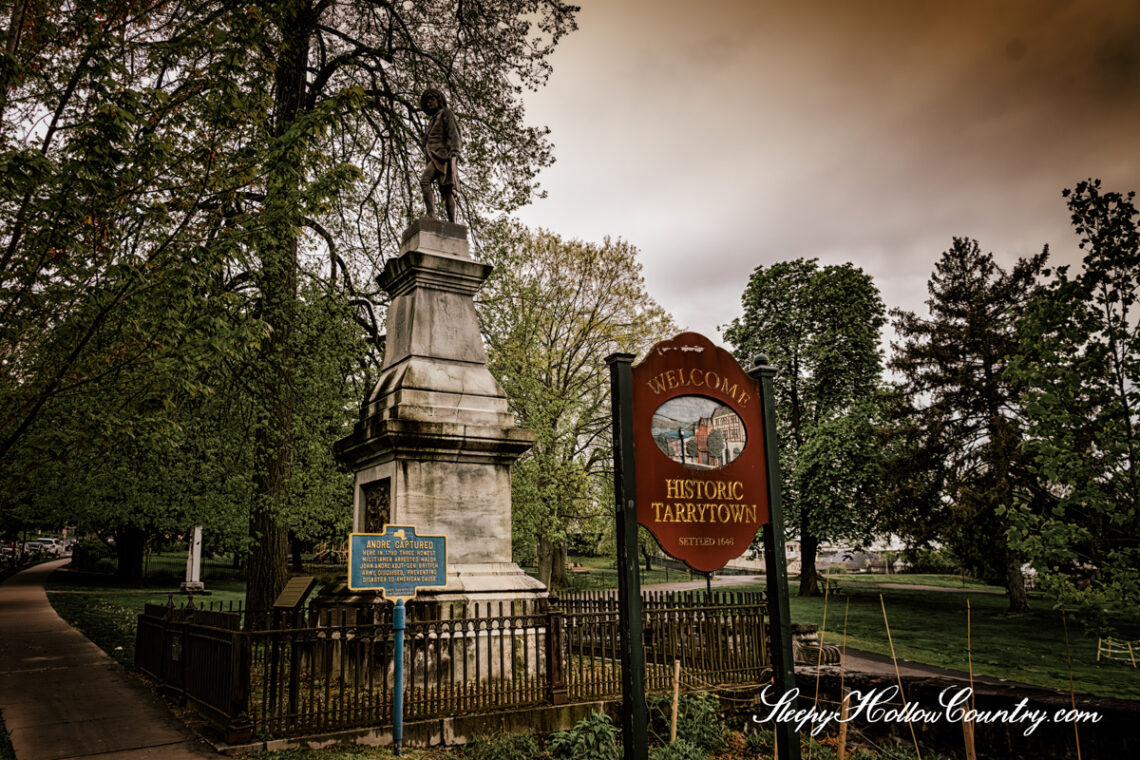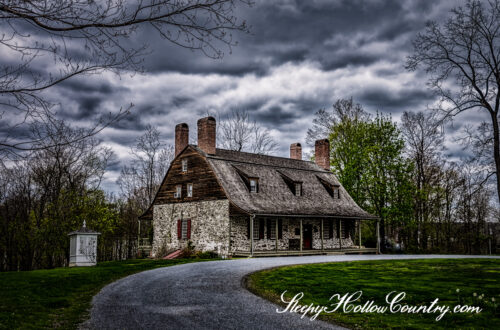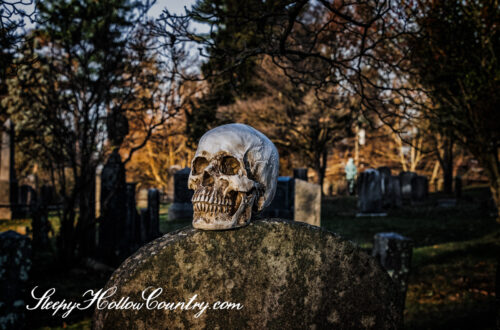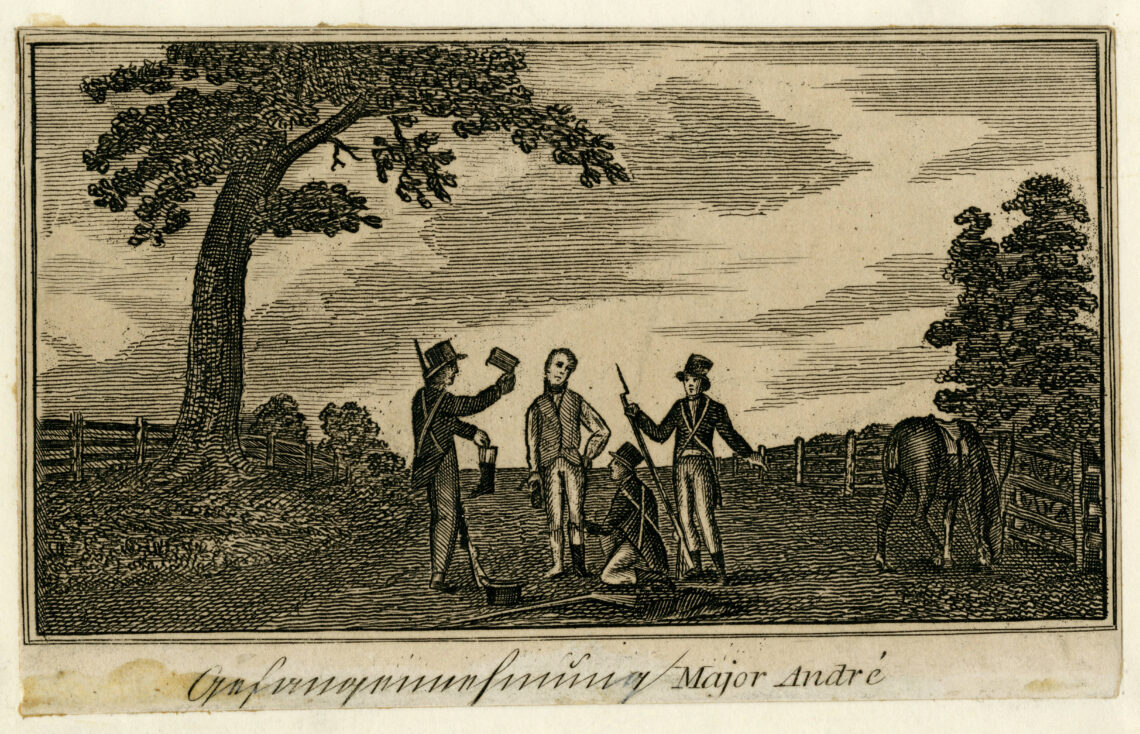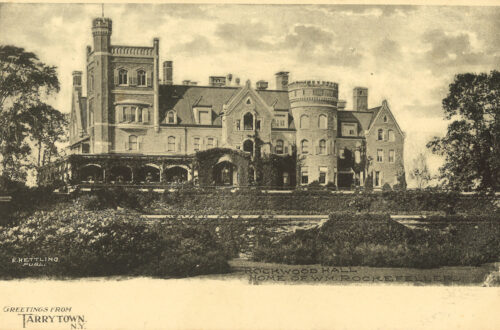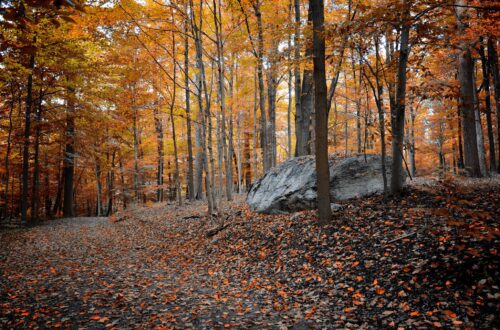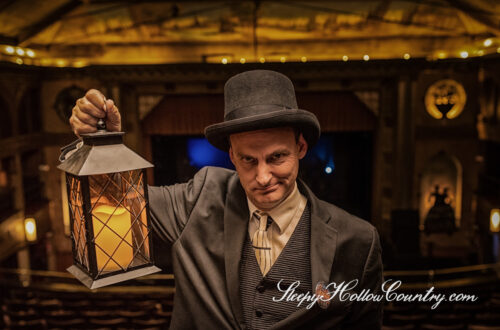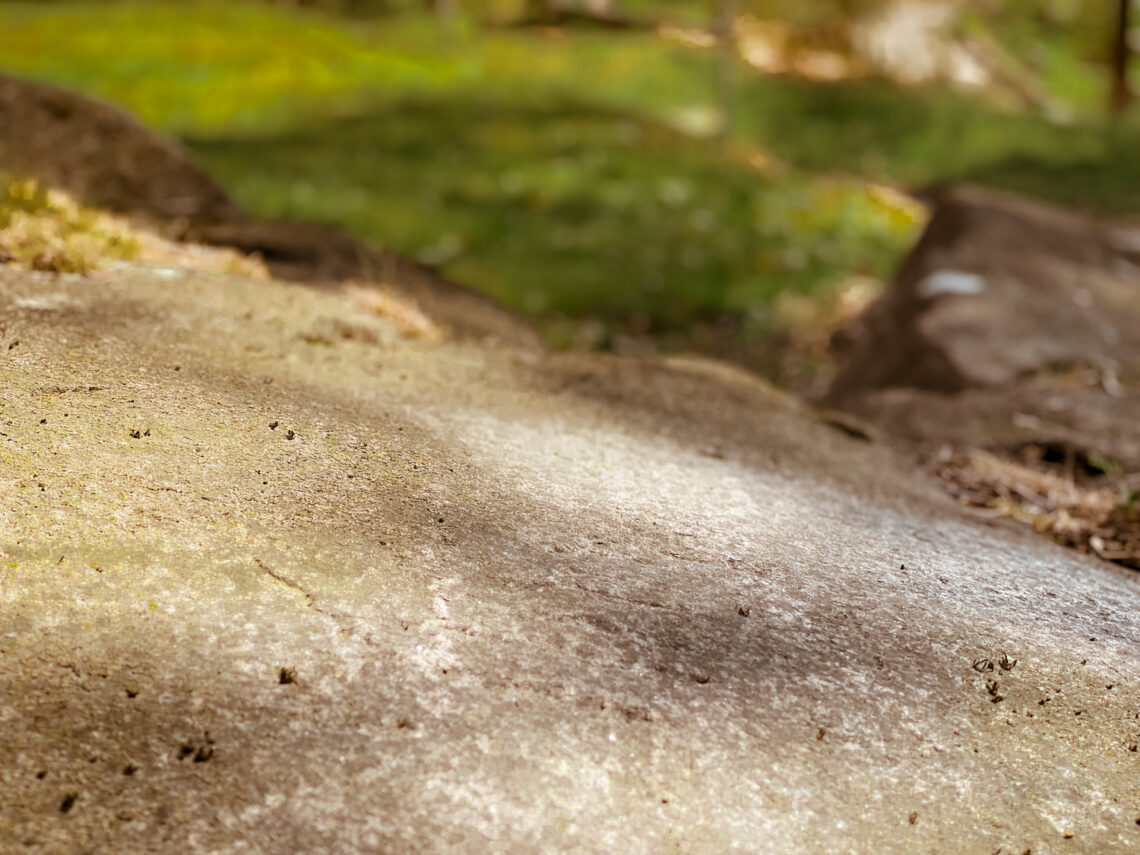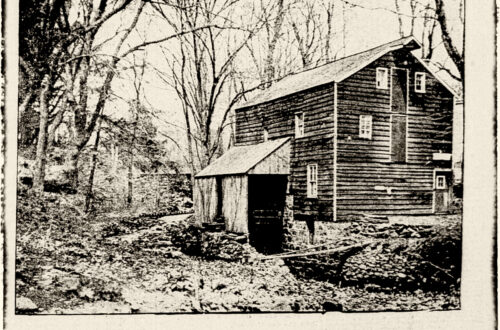-
The Ghost of Grand View
“It was not long after that when towels were mysteriously removed from the bathroom and left in fantastic shapes in various parts of the house. Whenever all the occupants left the house, things were sure to be turned topsyturvy. Clocks stopped, trunks were unlocked, furniture displaced, but there was never any evidence that these things had been done for the purpose of plunder.” The New York Herald, August 27th, 1908. The Ghost of Grand View Arrives Something strange was happening in the Blauvelt house in the summer of 1908. It began when Mrs. Blauvelt came home to find what appeared to her to be an elderly man sitting on her…
-
The Man, The Myth, The Legend: Washington Irving. Part 1: A Venturesome Urchin!
The year was 1783. The day was April 3rd. The place was 131 William Street, Manhattan, New York. It was a surreal week for those residing in old Gotham. After eight arduous years of occupation in the city, the British had called a ceasefire, effectively ending the American Revolution. We were no longer the colonies, but the United States. A new republic! There was a collective sigh of relief from the former colonists. William Irving, Sr. was a Scottish merchant and former petty officer of the British Navy, and his Cornish wife, Sarah Sanders were two of those who were consoled by the end of the hostilities. Right after their…
-
Patriot’s Park
Located on the cusp of Tarrytown and Sleepy Hollow lies a rolling green space known today as Patriot’s Park. Named for being the famous location of the capture of John André by local patriot militiamen in 1780, the park boasts the capture monument and memorial, but also features other last vestiges of other pieces of local history and folklore. The earliest known historical act of significance where Patriot’s Park is located today is the capture of British Officer, John André as he was attempting to escape from behind enemy lines after helping infamous traitor Benedict Arnold. A large poplar tree supposedly marked the capture site, which was located about 200…
-
The Baychester Depot Ghost
Andrew J. Parker died “suddenly” at the age of 63 in September 1885 in the village of Pelham, NY. For most of his life, he worked as a chemist, and in Pelham, he had been the manager of the Neptune Powder Mill, a dynamite company. As an employee of a dynamite manufacturer, he lived much longer than anyone of that time would have figured; as it was a volatile and dangerous trade. But he was lucky to have survived and retired to spend time with his family. News reports at the time never explained exactly how Parker died, but not being blown to pieces was perhaps the most unexpected part…
-
Philipsburg Manor
Drive North on Route 9 out of Sleepy Hollow and you’ll suddenly find yourself amidst trappings of a bygone era. An iconic white-washed stone building rests adjacent to a large and placid mill pond. Additional buildings, such as a mill and a barn linger nearby, framed by large picturesque trees. Squint and you might think you took a wrong turn and ended up in the wrong century. This is the remaining vestige of the early-18th century in Sleepy Hollow Country: Philipsburg Manor. The Lord of Philipsburg Manor In the 1680s, dutch immigrant, Frederick Philipse I had amassed nearly 52,000 acres of land on the eastern side of the Hudson River,…
-
Rockefeller’s War on Snakes
“I will pay 25-cents for each snake killed on my estate. I desire to rid my land of these reptiles, and any one may enter the war of extermination.” JOHN D. ROCKEFELLER -The New York Times, June 12 1906. John D. Rockefeller declared war. A war on snakes. Reportedly afraid of the reptiles since his youth and unable to walk safely in portions of his estate, there had been no other explanation given for the public announcement of the need to exterminate the snakes on his large estate in Pocantico Hills, particularly the Buttermilk Hill area which is “the wildest in the county.” For weeks following the proclamation of war,…
-
The Deaths of Buttermilk Hill
“Buttermilk Hill” is the name of a desolate, rugged mountain, about a mile from Unionville Station, studded with a thick growth of young trees, underbrush, and rocks. It is about a half mile from the base to the top of the mountain, and to ascend it one must follow a lonesome, tortuous, rocky wood road, starting from the Sawmill River Road, which lies at the foot of the hill on the eastern side.” The New York Herald, Thursday September 1, 1881. “MURDERED IN THE WOODS” Something might be off about Buttermilk Hill. Today most people know of it as an area of scenic walking paths in Rockefeller State Park Preserve…
-
John André’s Ghost
“Down the post road, on still autumn nights, belated wayfarers sometimes heard the sound of hoofs. A madly galloping horse seemed to approach, but no horse or horseman was visible to the keenest eyes…All agreed that the hoofbeats stopped as though the rider had reined in suddenly, and that they were never heard further south than the immense old tulip tree, known as André’s tree, that spread it’s gaunt ghost-like arms in the moonlight.” –Chronicles of Tarrytown and Sleepy Hollow, by Edgar Mayhew Bacon Two ghostly horsemen. One gallops headless out of the pages of Irving’s The Legend of Sleepy Hollow and the other rides alongside from the pages of history…
-
The Capture of John André
“In the centre of the road stood an enormous tulip-tree, which towered like a giant above all the other trees of the neighborhood, and formed a kind of landmark. Its limbs were gnarled and fantastic, large enough to form trunks for ordinary trees, twisting down almost to the earth, and rising again into the air. It was connected with the tragical story of the unfortunate André, who had been taken prisoner hard by; and was universally known by the name of Major André’s tree.” –The Legend of Sleepy Hollow, by Washington Irving Looming in the background of Washington Irving’s “The Legend of Sleepy Hollow” is the historical capture of John…
-
Milton Minnerly, 1877.
Take a walk in Sleepy Hollow Cemetery amongst the tombstones. Wind your way along the ridge of the hill to take in the dramatic views. There are monuments all around you, but you find a sunny patch of grass with a rock angling down a slope like an old scar. It’s a nice place to rest, so you brush away some loose lichen, leaves, and pine needles that have settled into the cracks. Your fingertips find something else though, faint in the sandpaper surface, and different from the deep veins and crevices. It almost feels like letters. The sun and shadows hit just right to highlight a faint inscription in…
